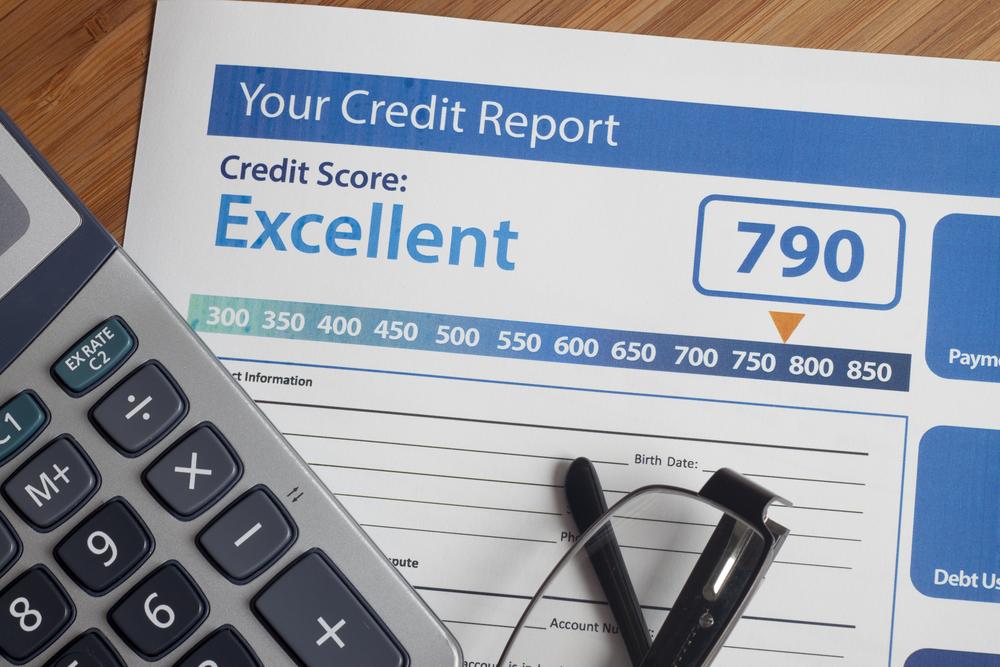Essential Strategies to Build a Robust FICO Credit Score
Learn how to build a strong FICO credit score with essential strategies and understanding the key factors that influence your creditworthiness. Discover the impact of different score ranges, what the scores mean, and practical tips to improve your financial health for better borrowing opportunities.

Essential Strategies to Build a Robust FICO Credit Score
In the realm of personal finance, understanding your credit score is vital for making informed borrowing decisions. The FICO score, developed by Fair Isaac Corporation, stands as the most widely used credit scoring model in the United States. Ranging from 300 to 850, this score significantly influences your ability to secure loans, credit cards, and favorable interest rates. A higher FICO score demonstrates strong creditworthiness, while a lower score can limit your borrowing options and increase costs. Therefore, understanding how to improve and maintain a solid credit score is essential for financial stability and growth.
FICO Score Categories: What Do They Mean?
Knowing the different score ranges helps you assess your financial health and plan accordingly before applying for new credit. Each score category reflects your credit risk level and influences the terms lenders might offer.
FICO scores are segmented into distinct ranges: 300–579, 580–669, 670–739, 740–799, and 800–850. Scores from 300 to 579 are classified as very poor, indicating significant credit risk and often resulting in higher interest rates or difficulties obtaining credit. Scores between 580 and 669 are viewed as fair, representing subprime borrowers who may need to pay higher deposits or fees. Scores from 670 to 739 are categorized as good, showing reliable credit behavior and better lending terms. Very good scores, ranging from 740 to 799, typically qualify borrowers for advantageous rates and terms. Finally, scores between 800 and 850 are considered exceptional, unlocking access to the best lending rates and the most favorable credit conditions. Understanding these categories allows consumers to gauge their financial standing and work towards improving their scores.
Relevant Reading: Key Insights into Enhancing Your Credit Score for Better Financial Opportunities
Primary Factors Affecting Your FICO Score
Various elements influence your credit score, with some being more impactful than others. Recognizing these factors can help you make strategic decisions to enhance your score over time.
Most influential: Your payment history, especially on loans and credit cards, greatly impacts your score. Timely payments reinforce creditworthiness.
Highly influential: The total amount of debt owed, including credit card balances and loans, affects your score. Lower debt levels generally improve your standing.
Moderately influential: The length of your credit history, including how long various accounts have been open, provides insight into your credit management over time.
Less influential: The diversity of your credit accounts, such as having different types of credit, can also play a role but is not as critical as payment habits or debt levels.
Minimum Credit Score Guidelines for Borrowers
While there is no universal minimum score required to apply for credit, a higher score increases approval chances and favorable loan terms. For instance, securing an FHA mortgage typically requires a minimum score of 580 along with a 3.5% down payment. Borrowers with lower scores may still qualify but usually face higher down payment requirements, often around 10% or more, and may need to meet additional criteria. Maintaining or improving your credit score not only boosts your chances of loan approval but also helps you obtain better interest rates and terms.
Stay Updated: Keep informed about the latest credit card offers and financing options by following us on Facebook and Twitter. Stay ahead with tips and updates that can help optimize your financial health.





